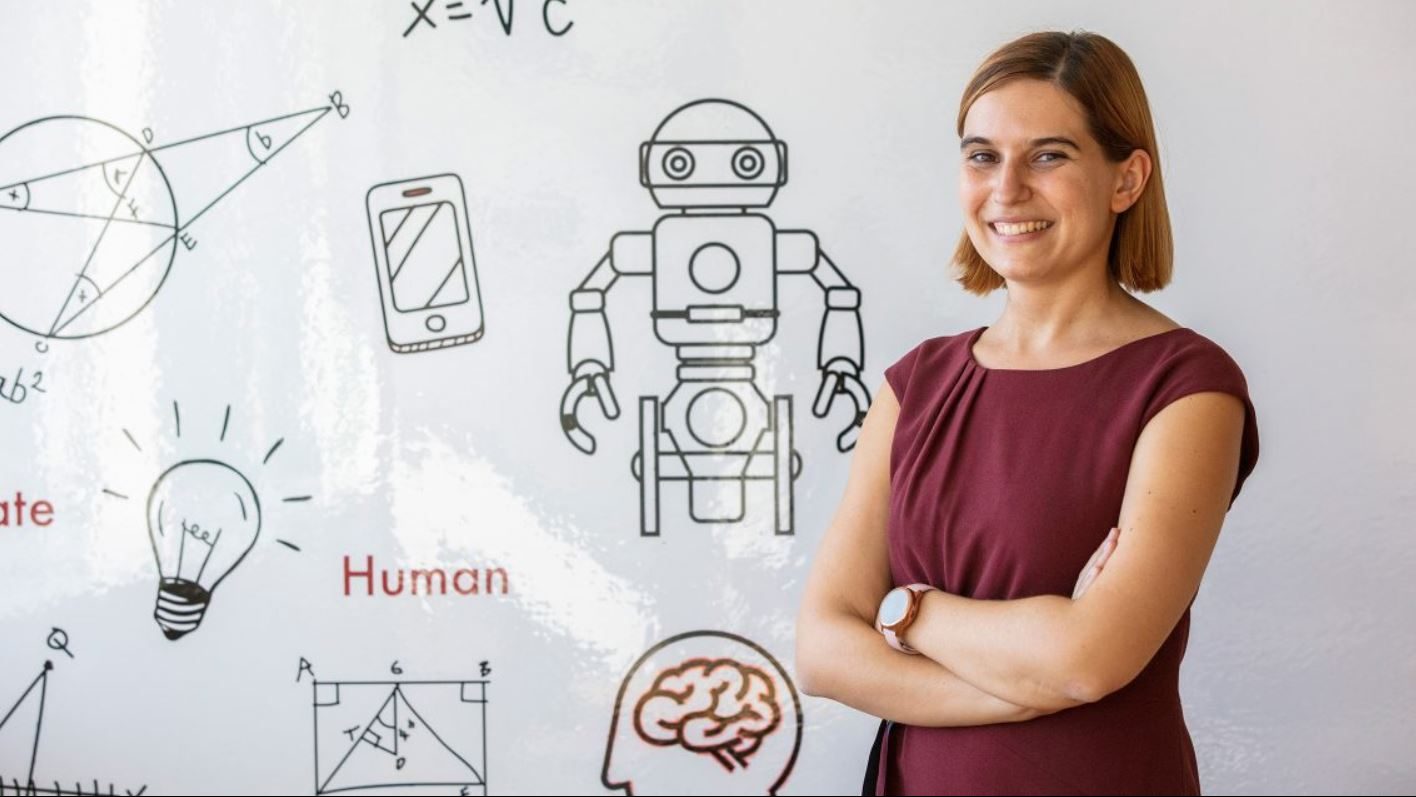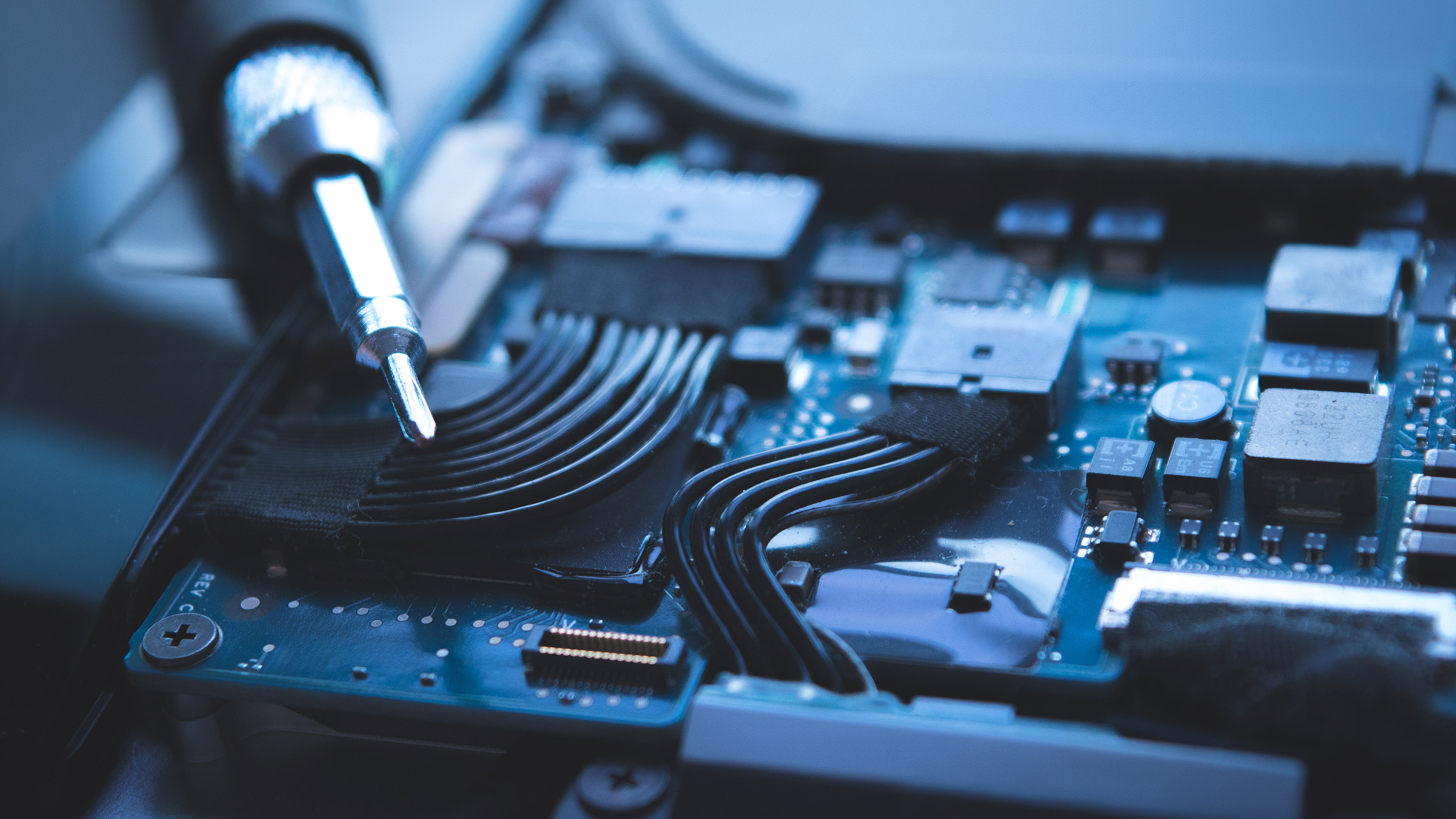DEEC professor's study puts artificial intelligence at the service of skin cancer detection

A research project in the field of artificial intelligence (AI) and healthcare, led by DEEC lecturer and researcher at the Institute for Systems and Robotics at Técnico (ISR-Lisboa) Catarina Barata, was published today in the journal Nature Medicine and reveals promising results related to the diagnosis of skin cancer. Using the method tested in this study increased the rate of correct diagnoses made by dermatologists by twelve percentage points.
The study focused on the use of an AI model called "reinforcement learning", which it cross-referenced with data from tables generated by experts, in which rewards and penalties were given for different diagnostic errors. When compared to the traditional learning model, this reinforcement model produced notable improvements in sensitivity for two skin diseases: melanoma and basal cell carcinoma. The sensitivity for diagnosing melanoma rose from 61.4% to 79.5%, while for basal cell carcinoma it rose from 79.4% to 87.1%.
The team of researchers also discovered that this AI model makes it possible to reduce overconfidence in automated diagnostics while maintaining their accuracy. This data could be an important factor for change in the world of medical AI, since the over-reliance on this type of diagnosis has caused concern.
Catarina Barata explains that this type of approach is increasingly essential. "The use of AI must be tailored to people and bring them benefit. This model with rewards makes the process simpler and easier to understand for a non-expert, which is very much in line with the direction we want to take with artificial intelligence." The researcher is also involved in the international Responsible AI project, which aims to implement a series of reflective practices and concerns about the accessibility of this type of technology.
AI has demonstrated its capacity for precision in various areas of diagnostic imaging, leading to the development of decision support tools and creating possibilities for improving accessibility to healthcare.
